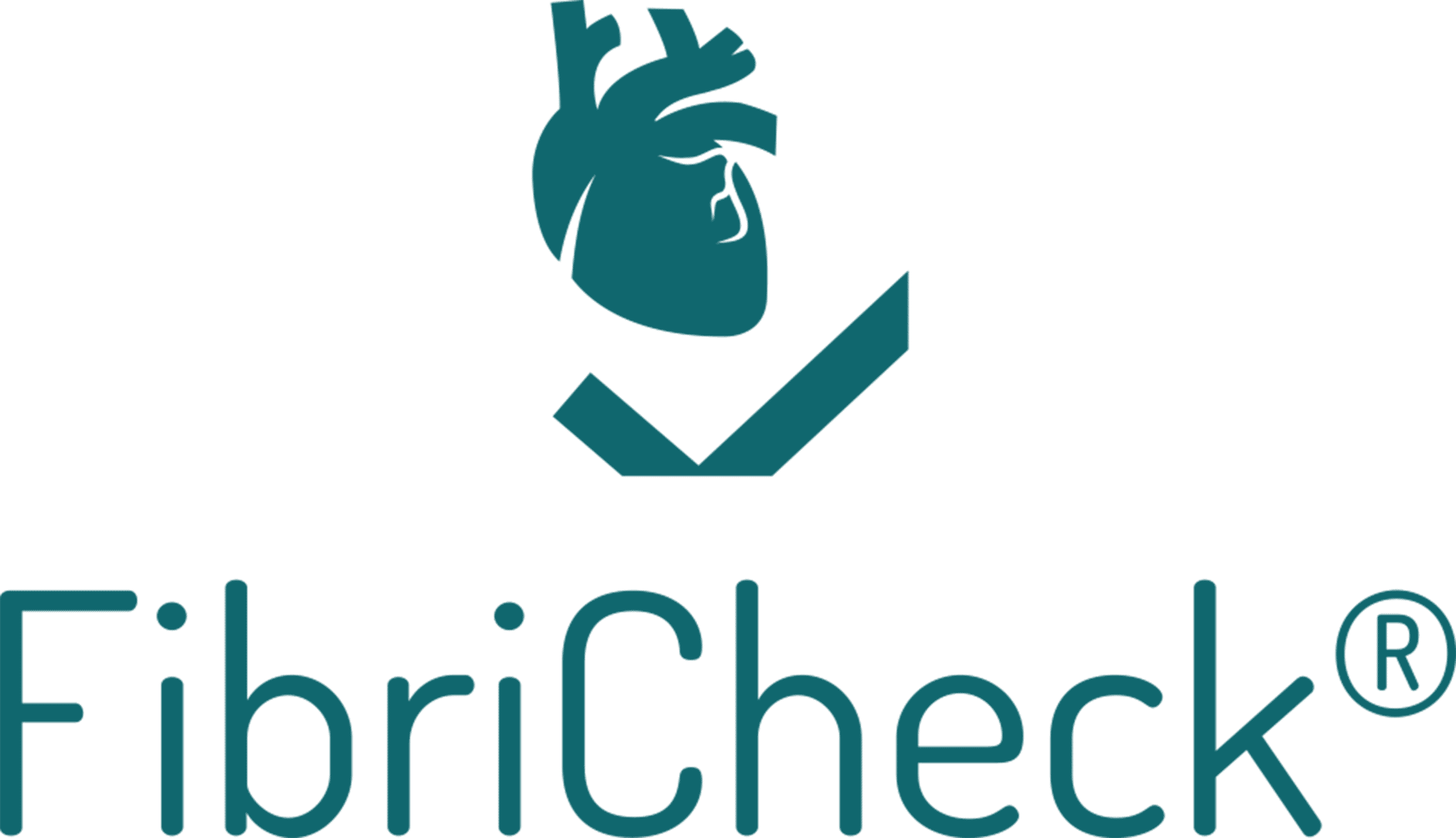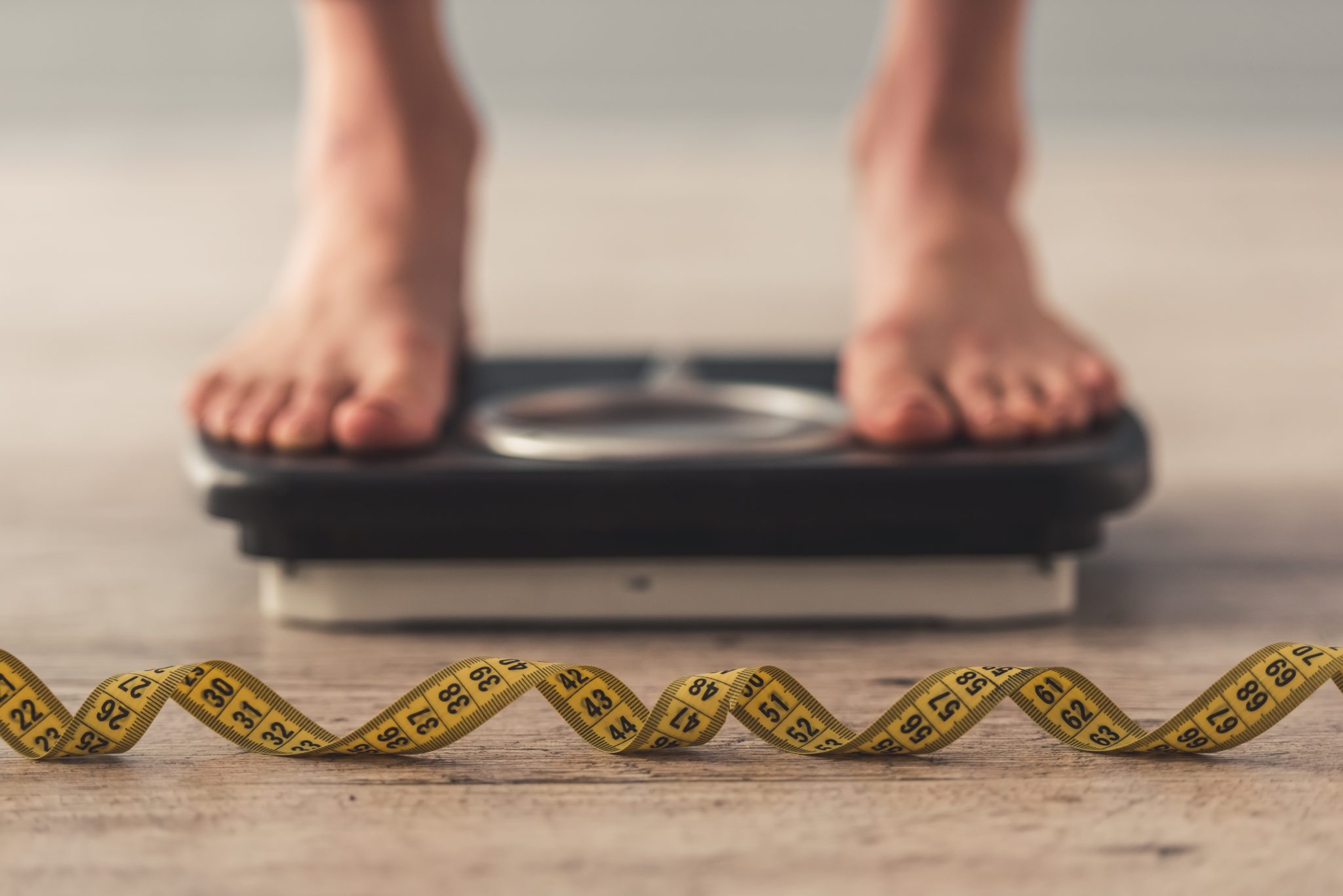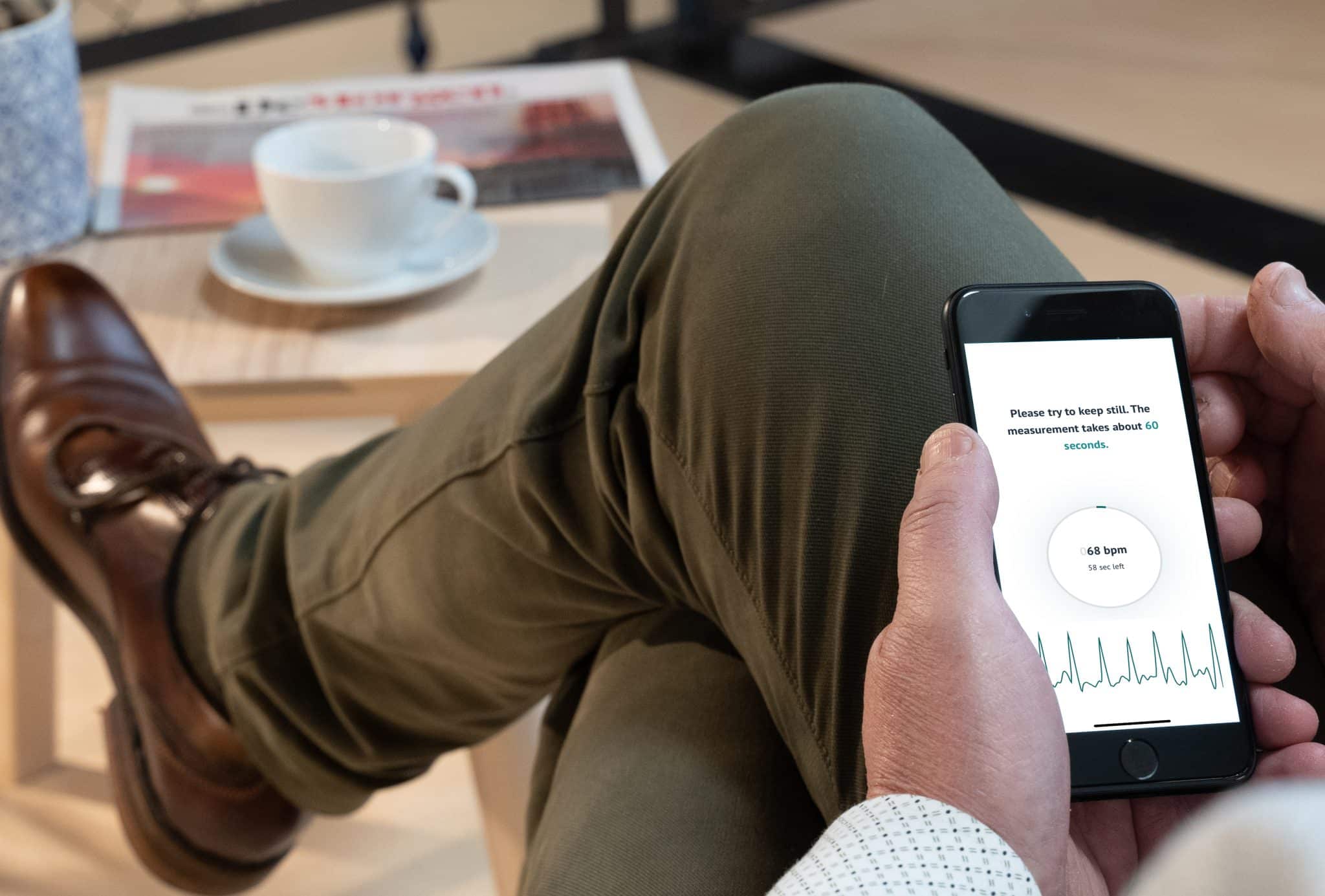Postural Orthostatic Tachycardia Syndrome, also known as PoTS, is a condition in which the heart rate increases abnormally when you stand or sit up. This condition mainly affects women between the ages of 15 and 50, and can have a significant impact on the quality of life for some people. This article will explain how PoTS happens, the symptoms it may cause, the way it can be diagnosed and the role which FibriCheck could have in detecting PoTS.
How can PoTS be explained?
The cause of PoTS lies within the autonomic nervous system. This system is a part of the nervous system which is in charge of various important functions such as the heart rate. It works without you being aware of it or being able to control it. Normally, when sitting upright or standing up, gravity would cause your blood to flow downwards. The body responds to this by narrowing the blood vessels and slightly increasing the heart rate so that blood flow to the entire body remains assured. When you have PoTS, this part of the autonomic nervous system doesn’t work quite the way it should.
Why this issue with the autonomic nervous system occurs is not completely clear at this point, although it is believed that the condition often first occurs after pregnancy, major surgery, trauma, or an infection with a virus. Scientists are still learning more about PoTS through clinical trials.
What are common symptoms of PoTS?
The symptoms of PoTS can vary in character and intensity. While some people may only experience mild inconvenience, others may find that the condition has a big impact on their day to day lives. The symptoms can also change from day to day and get worse due to certain factors such as:
- High temperatures
- Dietary changes: eating too many refined carbohydrates, drinking alcohol, not drinking a sufficient amount of water
- A change in your amount of exercise
- Being on your period
- Standing up after lying down or being in a seated position
The most common complaints that people with PoTS have are:
- Dizziness
- Fainting
- Palpitations
- Chest pain
- Shortness of breath
- Shaking and sweating
- Digestive issues such as feeling sick, diarrhea, constipation, and bloating
- Headaches and sight issues
- Purple discoloration on the hands and feet
- Tiredness
- Memory and concentration issues
These symptoms can develop slowly or appear suddenly. It’s also typical for people with PoTS to have periods in which they feel better, as the symptoms may come and go.

How can PoTS be diagnosed?
If your healthcare provider suspects that you may have PoTS after hearing about your symptoms, they will take your blood pressure and heart rate before and after standing up. Blood tests, urine tests and an ECG can be performed as well to come to the diagnosis of PoTS.
What part could FibriCheck play in the detection of PoTS?
As changes in your blood pressure and heart rate are important factors for the detection of PoTS, FibriCheck can be a useful tool to support your healthcare provider in coming to a diagnosis. By following up on various vital parameters for heart health, such as heart rate, heart rhythm, blood pressure and weight, changes in heart rate over time can be noticed, which could give an indication of PoTS.
What are the possible treatment options for PoTS?
The treatment of PoTS depends on your personal situation, and can include changes to your lifestyle and possibly medication such as beta blockers, steroids and selective serotonin reuptake inhibitors. There are several things which you can do to relieve your symptoms:
- Eat and drink healthily at regular times, avoid alcohol and caffeine
- Find good ways to cope with stress
- Try to avoid things that trigger your symptoms
- Lie down with your legs raised if you feel faint or dizzy
- Wear support tights to improve blood flow
If you think that you may suffer from PoTS, we recommend you to contact your healthcare provider for advice and treatment options.
References
https://www.nhs.uk/conditions/postural-tachycardia-syndrome/
https://www.ninds.nih.gov/health-information/disorders/postural-tachycardia-syndrome-pots
https://www.bhf.org.uk/informationsupport/heart-matters-magazine/medical/ask-the-experts/pots
Created on July 16th, 2024 at 08:29 pm



